“The Changing Landscape of Digital Transformation in Supply Chains: The Impact of Industry 4.0 in Vietnam” is a collaborative study conducted by researchers from RMIT Vietnam including Associate Professor Seng Kiat Kok, Dr. Nguyen Manh Hung and Dr. Abel Duarte Alonso, and Dr. Reza Akbari - a researcher from James Cook University.
This study provides valuable insights into the current level of adoption and investment in Industry 4.0 technologies in supply chains in Vietnam.
According to the expert panel, Industry 4.0 has several benefits and advantages in improving operations and supply chains, not only in terms of performance but also in terms of overall efficiency.
Advanced technologies such as artificial intelligence, IoT, blockchain, and big data analytics are predicted to bring transformative potential to supply chain companies, significantly improving operations by streamlining processes, optimizing resource utilization, and enhancing decision-making capabilities.
“By embracing and applying these technologies, companies can achieve higher levels of efficiency, reduce costs and gain competitive advantages in the market. However, the rate of adoption of Industry 4.0 technologies is quite different between industries and organizations,” the research team recommended.
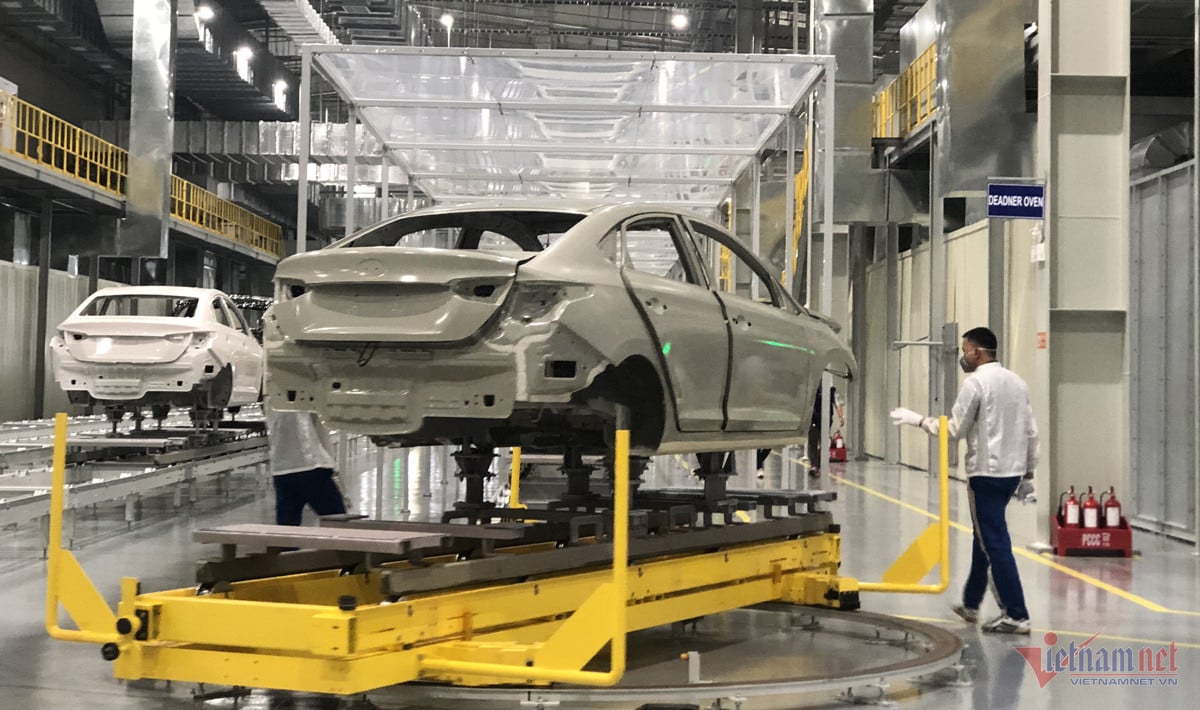
Specifically, the study found that artificial intelligence was found to have the highest predictive impact (61%), helping to improve not only the performance of tasks, but also reduce inefficiencies and replace manual work. One of the capabilities of this technology is to increase sales.
Moreover, artificial intelligence also has the potential to create more jobs, contrary to the common thinking that artificial intelligence is a threat to job loss, not job creation in the digital transformation process.
Following AI is IoT, which has a predicted positive impact of 22%. Real-time management of operations and supply chains, predictive maintenance, and predictive potential are aspects of this technology that are considered important.
Big data analytics is also seen as a game changer, not only in its predictive potential but also in developing customer segments and thereby developing targeted marketing, new business insights and identifying new business opportunities.
Along with the impact these advanced technologies could have on the supply chain industry, the research team also looked at investment volume as an indicator of the potential adoption of Industry 4.0 technologies.
Advanced robotics, at 31%, was recorded as the technology with the highest investment volume, with a particular focus on informal, supplementary education and training; followed by hiring professionals.
Artificial intelligence and autonomous vehicles (AVs) recorded similar investment trends at 12% for each technology, with AI focusing on skills and knowledge development, while AVs focused more on operational strategies to save fuel costs, driving and reducing pollution.
Two areas with significant investment shares are blockchain (34%) and IoT (33%), where investment money is used for skills training, knowledge development and partnerships, showing potential avenues for future use of these technologies.
Additionally, there are strong links between certain technologies, such as IoT with 3D printing and IoT with robotics, suggesting that synergies can be achieved by combining IoT with these technologies in the manufacturing and supply chain management areas.
By leveraging the power of IoT to leverage other technologies, businesses can improve efficiency, reduce costs, and achieve better overall results.
Notably, the predicted impact of a technology does not always match the predicted investment in the technology. Among the technologies, Vietnam supply chain experts predict that AR/VR (augmented reality/virtual reality), blockchain and autonomous vehicles will have the least impact in the next decade, and therefore will receive the least investment.
RMIT Vietnam's Research Fellow and Senior Director for Student Affairs, Associate Professor Seng Kiat Kok, emphasized: "What is clear from the research results is that the supply chain industry has mobilized and prioritized the technologies they see as having the most potential and opportunities for the future."
The inherent complexities in global supply chains and in the infrastructure required for each technology create a myriad of concerns that must be addressed before their full advantages can be realized.
“This highlights the need for comprehensive planning, strategic partnerships and investment in skills development to effectively leverage the benefits of Industry 4.0 technologies in supply chain operations,” said Associate Professor Seng Kiat Kok.

Source


![[Photo] Prime Minister Pham Minh Chinh holds a phone call with the CEO of Russia's Rosatom Corporation.](/_next/image?url=https%3A%2F%2Fvphoto.vietnam.vn%2Fthumb%2F1200x675%2Fvietnam%2Fresource%2FIMAGE%2F2025%2F12%2F11%2F1765464552365_dsc-5295-jpg.webp&w=3840&q=75)

![[Photo] Closing Ceremony of the 10th Session of the 15th National Assembly](/_next/image?url=https%3A%2F%2Fvphoto.vietnam.vn%2Fthumb%2F1200x675%2Fvietnam%2Fresource%2FIMAGE%2F2025%2F12%2F11%2F1765448959967_image-1437-jpg.webp&w=3840&q=75)



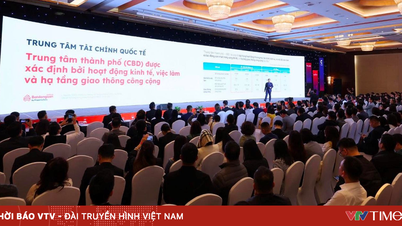


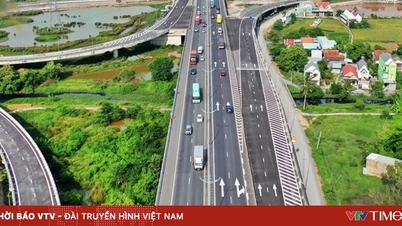
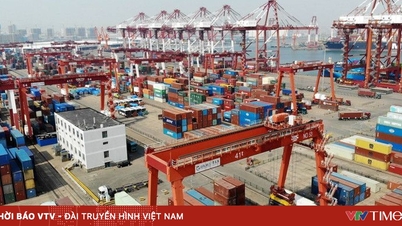
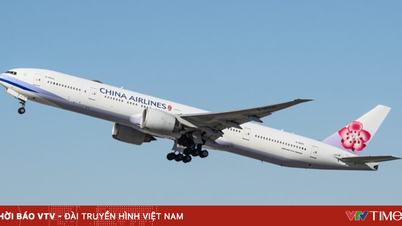






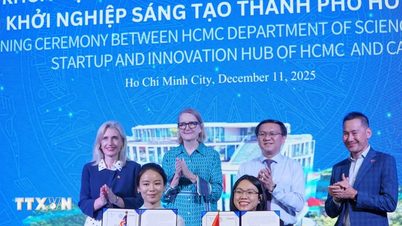

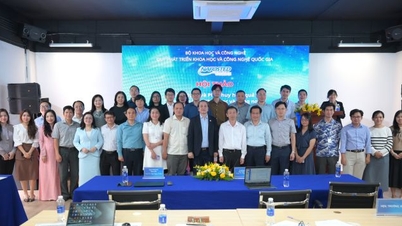

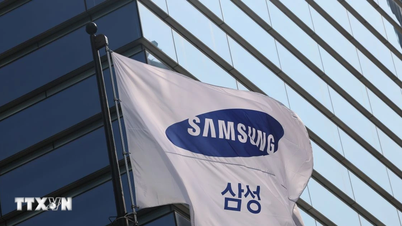






























![[OFFICIAL] MISA GROUP ANNOUNCES ITS PIONEERING BRAND POSITIONING IN BUILDING AGENTIC AI FOR BUSINESSES, HOUSEHOLDS, AND THE GOVERNMENT](https://vphoto.vietnam.vn/thumb/402x226/vietnam/resource/IMAGE/2025/12/11/1765444754256_agentic-ai_postfb-scaled.png)































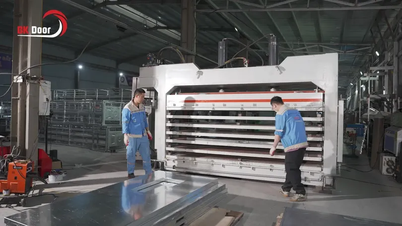




















Comment (0)